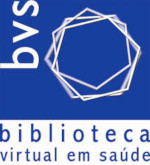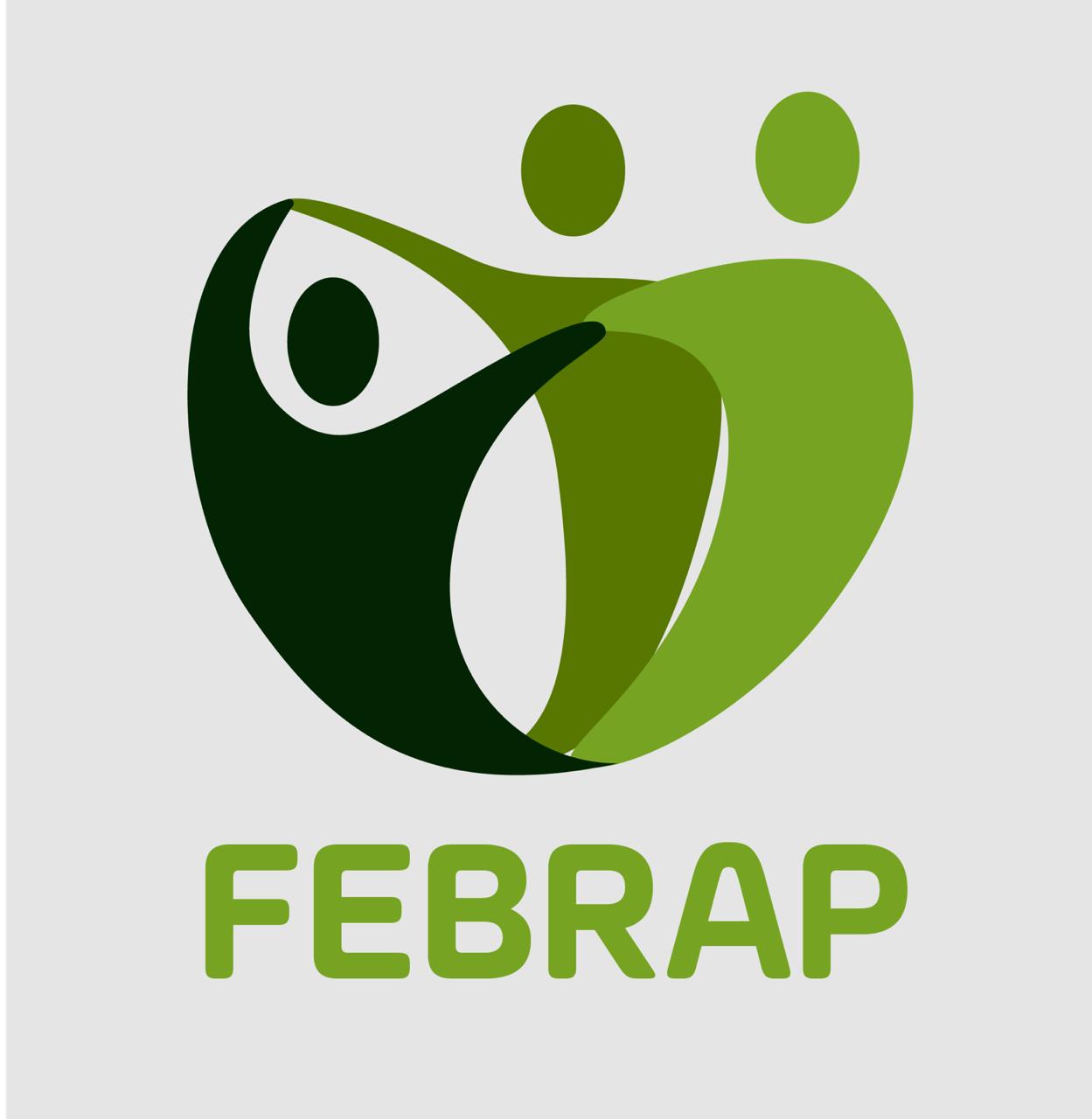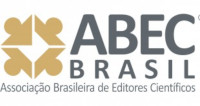CRIATIVIDADE E ESPONTANEIDADE NA TEORIA DO PROCESSO DE APRENDIZADO DE PODER DA COMUNIDADE
Palavras-chave:
Pedagogia, Espontaneidade, Criatividade, AdualtosResumo
Neste artigo, é apresentado o estudo do processo de aprendizado de poder da comunidade. O objetivo do estudo era construir uma concepção e uma teoria substantiva da aprendizagem em grupo de alunos adultos. A teoria dialoga com três perspectivas: andragogia, sociometria e neurociência. O processo de aprendizagem de poder da comunidade constrói uma conexão próxima com abordagens morenianas de uso de sociometria, apoio de pares, espontaneidade e criatividade em um processo de aprendizagem emgrupo. A espontaneidade e a criatividade são vistas como uma parte essencial da aprendizagem de um grupo de adultos. Quatro categorias principais foram encontradas: participação, comunalidade, criatividade e tutoria. A categoria central foi identificada como o processo de aprendizagem de poder da comunidade. Este estudo foi realizado utilizando a metodologia de pesquisa da teoria fundamentada.
Downloads
Referências
Brookfield, S. (1987). Learning democracy: Eduard Lindeman on adult education and social change. Croom Helm.
Damasio, A. (2000). Tapahtumisen tunne: Miten tietoisuus syntyy. Hakapaino.
Forsyth, D. R. (2016). College teaching: Practical insights from the science of teaching and learning. Professor’s guide to teaching. (2nd ed). American Psychological Association.
Gallese, V. (2004). The manifold nature of interpersonal relations: The quest for a common mechanism. In C. D. Frith & D. M. Wolpert (Eds.), The neuroscience of social interaction: Decoding, imitating, and influencing the actions of others (pp. 160-182). Oxford University Press.
Giacomucci, S. (2021). Social Work, sociometry, and psychodrama: Experiential Approaches for group therapists, community leaders, and social workers. Springer.
Glaser, B. G. (1978). Theoretical sensitivity: Advances in the methodology of grounded theory. Sociology Press.
Glaser, B. G. (1992). Basics of grounded theory analysis. Sociology Press.
Glaser, B. G., & Strauss, A. L. (2008). The discovery of grounded theory: Strategies for qualitative research. (3rd ed). Aldline Transaction.
Iacoboni, M. (2008). Ihmisten peilaus: Kytkeytymisemme uusi tiede. Hakapaino.
Immordino-Yang, M. H., & Damasio, A. (2007). We feel, therefore we learn: The relevance of affective and social neuroscience to education. Mind, brain, and education, 1(1), 3-10. https://doi.org/10.1111/j.1751-228X.2007.00004.x
Immordino-Yang, M. H. (2008). The smoke around mirror neurons: Goals as sociocultural and emotional organizers of perception and action in learning. Mind, brain and education, 2(2), 67-73. https://doi.org/10.1111/j.1751-228X.2008.00034.x
Jarvis, P. (2010). Adult education and lifelong learning: Theory and practice. Routledge.
Leppänen, T. (2018). Yhteisövoimainen oppimisprosessi: Substantiivinen teoria aikuisten ryhmässä oppimisen kokemuksista. [PhD thesis] Jyväskylän yliopisto, Jyväskylä.
Lindeman, E. C. (1921). The Community: An introduction to the study of community leadership and organization. Association Press.
Lindeman, E. C. (1926). The Meaning of Adult Education. New Republic, Inc.
Lindeman, E. C. (1932). Goals and methods of adult education. In S. Brookfield (1987), Learning Democracy: Eduard Lindeman on adult education and social change (pp. 39-42). Croom Helm.
Lindeman, E. C. (1935). The place of discussion in the learning process. In S. Brookfield (1987). Learning Democracy: Eduard Lindeman on adult education and social change (pp. 43-47). Croom Helm.
Maya, J., & Maravel, J. (2020). Teaching-Learning Processes: Application of Educational Psychodrama in the University Setting. International Journal of Environmental Research and Public Health, 17(11), 3922. https://doi.org/10.3390/ijerph17113922
Merriam, S. B., & Bierema, L. L. (2013). Adult learning: Linking theory and practice. Jossey-Bass.
Moreno, J. L. (1934). The sociometric test. In J. Fox (Ed.) (1987), The essential Moreno: Writings on psychodrama, group method and spontaneity by J. L. Moreno (pp. 102-112). Springer.
Moreno, J. L. (1946). Psychodrama (Vol. 1). Beacon.
Moreno, J. L. (1978). Who shall survive? Foundations of sociometry, group psychotherapy and sociodrama (3rd ed.). Beacon.
Propper, H. (2003). Psychodrama as experiential education: Exploring literature and enhancing a cooperative learning environment. In J. Gershoni (Ed.), Psychodrama in the 21st century (pp. 229-248). Springer Publishing Company.
Rachal, J. R. (2002). Andragogy’s detectives: A critique of the present and a proposal for the future. Adult Education Quarterly, 52(3), 210-227. https://doi.org/10.1177/0741713602052003004
Taylor, B., & Kroth, M. (2009). Andragogy’s transition into the future: Meta-analysisi of andragogy and its search for a measurable instument. Journal of Adult Education, 38(1), 1-11.
Zhou, J. (2012). The effects of reciprocal imitation on teacher–student relationships and student learning outcomes. Mind, Brain and Education, 6(2), 66-67. https://doi.org/10.1111/j.1751228X.2012.01140.x





.jpg)



